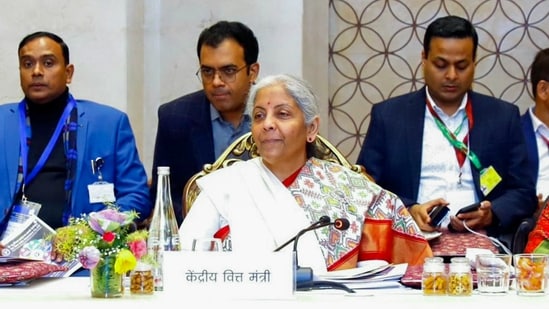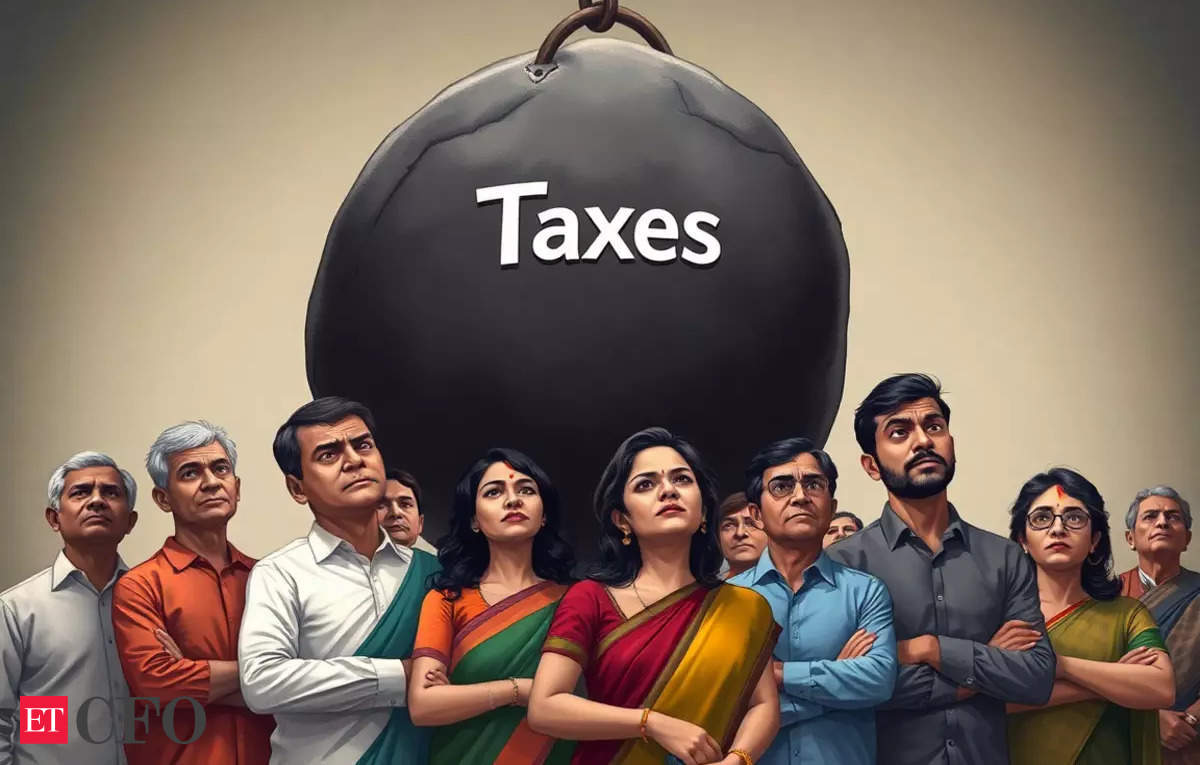The Central Board of Direct Taxes (CBDT) Chairman, Ravi Agrawal, announced on Wednesday that the review of the Income Tax Act of 1961 is set to be completed within the designated six-month timeframe. This statement follows the announcement made by Union Finance Minister Nirmala Sitharaman in her recent Budget speech, where she emphasized the need to overhaul the country’s direct tax laws to make them simpler and more accessible. The review aims to make the Income Tax Act concise, lucid, and easy to read and understand.
What Is the Income Tax Act of 1961?
The Income Tax Act of 1961 is the cornerstone of India’s taxation system, laying down the rules, regulations, and procedures governing the levy, administration, collection, and recovery of income tax in the country. This Act provides a comprehensive framework for taxation, covering various aspects such as:
- Charge of Income Tax: The Act imposes a tax on the total income of individuals, companies, and other entities.
- Heads of Income: Income is classified into five heads: salaries, house property, business or profession, capital gains, and other sources.
- Tax Rates: The Act prescribes different tax rates for different income brackets and categories of taxpayers.
- Deductions and Exemptions: Certain deductions and exemptions are allowed to reduce taxable income.
- Assessment and Collection: The Act outlines the procedures for assessment, filing of returns, and collection of taxes.
- Penalties and Interest: Penalties and interest are imposed for non-compliance with the Act.
Why Is the Income Tax Act Being Reviewed?
The Income Tax Act of 1961 has been amended multiple times over the years to keep pace with changes in the economy, technology, and social conditions. However, these amendments have also added complexity to the Act, making it cumbersome for taxpayers to navigate. The current review aims to address these issues and bring the Act in line with modern needs. Key reasons for the review include:
1. Reducing Litigation and Disputes
The complexity of the existing Act often leads to disputes and lengthy legal battles. By streamlining the Act, the government hopes to reduce litigation and provide greater tax certainty to taxpayers. Simplified laws can help prevent misunderstandings and reduce the number of cases that end up in court.
2. Improving Ease of Compliance
One of the primary goals of the review is to make the tax filing process more straightforward and efficient for taxpayers. A simplified Act would mean fewer hurdles for individuals and businesses, making it easier for them to comply with tax regulations. This could lead to increased voluntary compliance and reduce the burden on both taxpayers and the tax administration.
3. Incorporating Global Best Practices
To modernize India’s tax system, the government intends to incorporate global best practices in taxation. This could involve adopting measures that have proven successful in other countries, such as streamlined filing processes, better use of technology, and more transparent procedures. By doing so, India aims to create a tax system that is both fair and efficient, fostering a more conducive environment for business and investment.
The Task Ahead
Ravi Agrawal, during an event to mark the 165th Year of Income Tax in India, emphasized the importance of this review. He stated, “We have an important task on hand, and that is the comprehensive review of the Income Tax Act, 1961. The purpose is to make the Act concise, lucid, and easy to read and understand. This exercise is aimed to reduce litigation and provide tax certainty to taxpayers.”
Despite the challenges, Agrawal assured that the task would be completed within the given timeframe, noting that the work, though transformative, is being undertaken in a “mission mode.” The comprehensive review of the Income Tax Act is not just a procedural overhaul but a significant step towards creating a tax environment that is easier to understand and comply with, benefiting both the taxpayers and the economy at large.
What This Means for Taxpayers
For taxpayers, this review could bring significant relief. A simpler Income Tax Act would mean:
- Less Ambiguity: Clearer laws reduce the chances of misinterpretation, leading to fewer disputes.
- Ease of Filing: Simplified processes would make it easier to file returns, even for those without specialized knowledge of tax laws.
- Certainty: Greater clarity in the laws would provide taxpayers with more certainty about their obligations and liabilities.
- Reduced Litigation: Fewer disputes mean less time and money spent on legal battles.
The review of the Income Tax Act of 1961 is a critical initiative that promises to make India’s tax laws more straightforward, efficient, and aligned with global standards. By reducing complexity, the government aims to improve compliance, reduce litigation, and create a more taxpayer-friendly environment. As the review progresses, it is hoped that the revised Act will contribute to a more transparent and efficient taxation system in India, ultimately benefiting the entire economy.
Visit www.cagurujiclasses.com for practical courses











